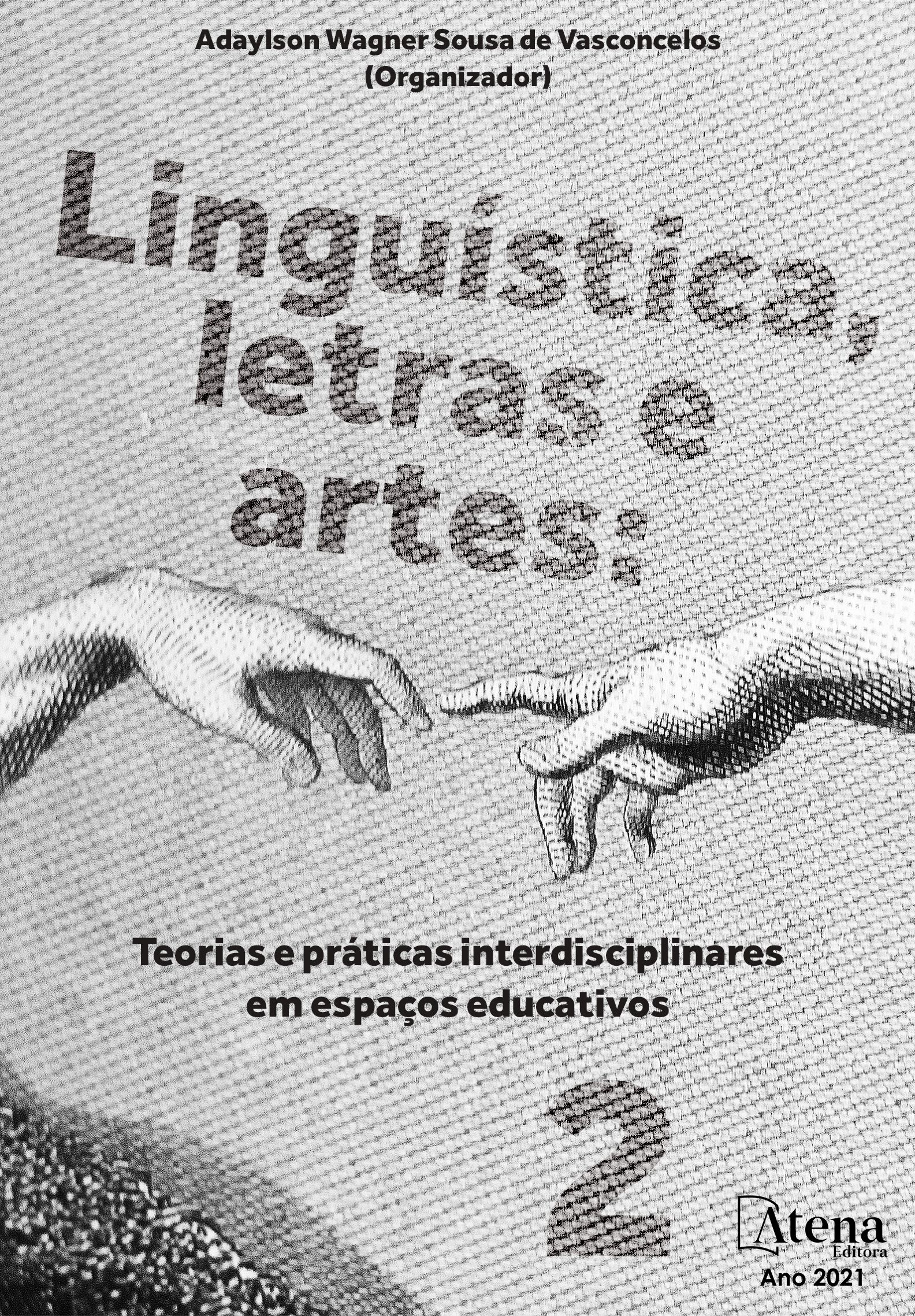
O CINEMA COMO FERRAMENTA PARA O LETRAMENTO AUDIOVISUAL: A RUPTURA DE UM OLHAR TREINADO
Ao considerar que as práticas de letramento, ao compreenderem os padrões culturais de interação com textos escritos, trazem conceitos e modelos sociais ligados à natureza de acontecimentos que o fazem funcionar e que lhe atribuem significado e partindo do princípio de que o “cinema contemporâneo, hibridização em potencial de saber tecnológico, artístico e estético, é um espaço de discursivização do real e do ficcional, no qual o político [pode inscrever] demandas do social” (TASSO, 2013). Este trabalho, fundamentado nas teorias da Análise Discursiva Foucaultiana, em diálogo com a Linguística Aplicada, objetiva refletir sobre o papel do cinema como evento de letramento que favorece o fortalecimento, ao estabelecer relações entre língua, cultura, arte e história, na prática de sala de aula, do componente curricular “língua portuguesa”. Acredita-se que o cinema opera como dispositivo de possibilidade de se deslocar como instrumento didático, trazendo para a sala de aula saberes sociais e culturais, assumindo a perspectiva de que o “letramento é o estado ou condição de quem não apenas sabe ler e escrever, mas cultiva e exerce as práticas sociais que usam a escrita” (SOARES, 2004, p. 47).
O CINEMA COMO FERRAMENTA PARA O LETRAMENTO AUDIOVISUAL: A RUPTURA DE UM OLHAR TREINADO
-
DOI: 10.22533/at.ed.90721200911
-
Palavras-chave: Letramento; Cinema; Discurso; Ensino.
-
Keywords: Literature; Movie theater; Speech; Teaching.
-
Abstract:
Considering that literacy practices, when understanding the cultural patterns of interaction with written texts, bring social concepts and models linked to the nature of events that make it work and that give it meaning and assuming that "contemporary cinema, hybridization with potential for technological, artistic and aesthetic knowledge, it is a space for discursivization of the real and the fictional, in which the politician [can inscribe] social demands” (TASSO, 2013). This work, based on the theories of Foucault's Discursive Analysis, in dialogue with Applied Linguistics, aims to reflect on the role of cinema as a literacy event that favors strengthening, by establishing relationships between language, culture, art and history, in classroom practice of the “Portuguese language” curricular component. It is believed that cinema operates as a device for the possibility of moving as a didactic instrument, bringing social and cultural knowledge to the classroom, assuming the perspective that “literacy is the state or condition of those who not only know how to read and write, but cultivates and exercises social practices that use writing” (SOARES, 2004, p. 47).
-
Número de páginas: 12
- Maraisa Daiana da Silva


